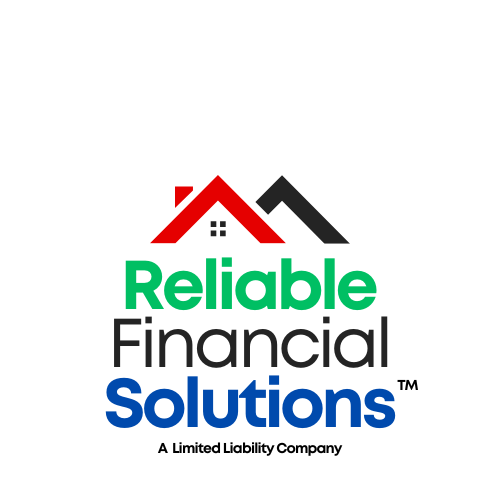GET THE FACTS: MORTGAGE FAQs
At The Mazer Team, buying a home can be complex, but we’re here to make it easier. Our FAQ section covers the most common questions about mortgages, from loan options and interest rates to the application process and closing costs. Whether you’re a first-time homebuyer or looking to refinance, we’ve got the answers to help guide you through every step of the way.
A home loan is a type of loan used to purchase a home or property. The lender provides you with a lump sum of money, which you then use to buy the property. In return, you agree to make regular payments to the lender, including both the principal amount borrowed and interest.
There are several types of home loans, each with its own features and benefits:
Fixed-rate mortgage: The interest rate remains the same throughout the loan term.
Adjustable-rate mortgage (ARM): The interest rate fluctuates based on a specific index.
FHA loan: Insured by the Federal Housing Administration, making it easier for borrowers with lower credit scores to qualify.
VA loan: Guaranteed by the Department of Veterans Affairs, offering favorable terms to veterans and eligible service members.
USDA loan: Backed by the U.S. Department of Agriculture, providing affordable homeownership opportunities in rural areas.
Lenders typically consider several factors when evaluating your eligibility for a home loan, including:
Credit score: A good credit score indicates a history of responsible borrowing.
Debt-to-income ratio: This ratio compares your monthly debt payments to your monthly income.
Income: Your income determines your ability to afford the monthly mortgage payments.
Down payment: The amount of money you can put down towards the purchase price.
Employment history: A stable job history demonstrates your ability to meet financial obligations.
Yes, we offer non-QM loans. Non-QM loans relate to anything not supported or offered by the major agencies, like FHA, VA, USDA, FNMA, or Freddie Mac. Non-QM products often use 1099s or bank statements as an alternative to show income. In turn, with higher risk, their rates are usually 0.5% to 3% above industry standard, usually about 1% to 1.5% higher than the likes of Fannie Mae or Freddie Mac.
We offer mobile notaries on most loan types. On a home purchase, you would typically sign at the title or escrow office; but, nowadays, mobile notaries are common. Your realtor can ask Escrow ahead of time. If it’s a refinance or HELOC, it is standard practice to send someone to you (mobile notary).
Mortgage refinancing involves replacing your existing mortgage with a new one. This can be done to lower your interest rate, shorten your loan term, or both.
You may want to consider refinancing if:
Interest rates have dropped significantly since you took out your original loan.
You want to shorten your loan term and pay off your mortgage faster.
You need to consolidate debt or access equity in your home.
While refinancing can offer benefits, it’s important to be aware of the potential risks:
Closing costs: Refinancing involves fees, such as appraisal fees, application fees, and title fees.
Prepayment penalty: Some lenders may charge a fee if you pay off your loan early.
Interest rate risk: If interest rates rise after you refinance, your monthly payments could increase.
A HELOC is a type of loan that allows you to borrow against the equity in your home. It works like a credit card, with a revolving line of credit that you can use as needed.
A HELOC typically has two phases:
Draw period: During this period, you can borrow funds up to your approved credit limit.
Repayment period: After the draw period ends, you must begin repaying the outstanding balance, plus interest.
HELOCs offer several benefits, including:
Lower interest rates: HELOC interest rates are often lower than credit card rates.
Tax deductions: In some cases, the interest paid on a HELOC may be tax-deductible.
Flexibility: You can borrow funds as needed, up to your credit limit.
It’s important to consider the following drawbacks before taking out a HELOC:
Risk of foreclosure: If you default on your HELOC payments, your lender could foreclose on your home.
Interest rate risk: HELOC interest rates can fluctuate, which could increase your monthly payments.
Potential for overspending: It’s easy to overspend with a HELOC, leading to financial problems.
*Disclaimer: The information provided in this FAQ is intended for informational purposes only and does not constitute financial advice or a commitment to lend. Our mortgage advisors are licensed mortgage loan originators, also known as loan officers. Mortgage loan originators are not attorneys or financial advisors. It is important to consult with a qualified financial professional before making any investment or financial decisions. While we strive to provide accurate and up-to-date information, laws, regulations, and market conditions may change. Please consult with a qualified professional for personalized advice tailored to your specific circumstances.

